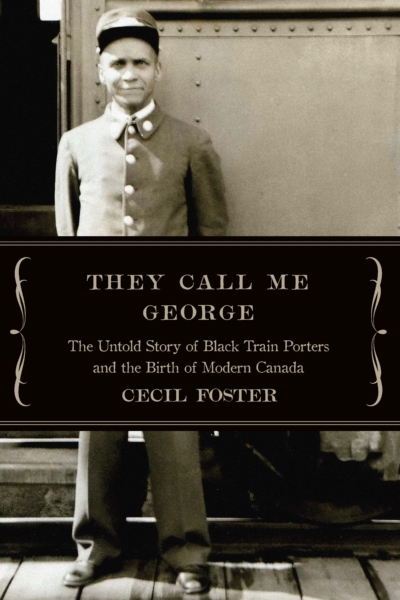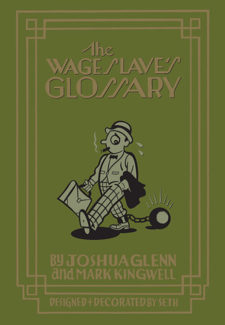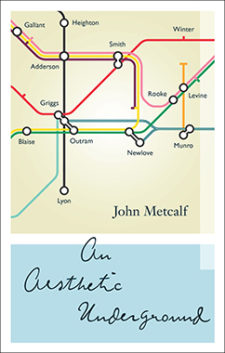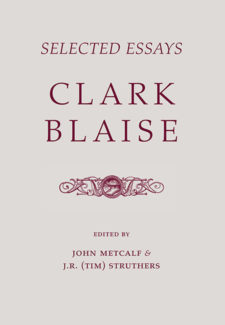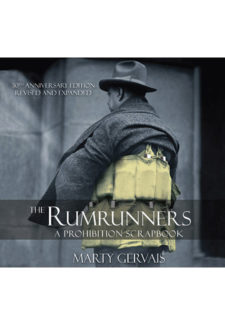Description
A CBC BOOKS MUST-READ NONFICTION BOOK FOR BLACK HISTORY MONTH
Nominated for the Toronto Book Award
Smartly dressed and smiling, Canada’s black train porters were a familiar sight to the average passenger—yet their minority status rendered them politically invisible, second-class in the social imagination that determined who was and who was not considered Canadian. Subjected to grueling shifts and unreasonable standards—a passenger missing his stop was a dismissible offense—the so-called Pullmen of the country’s rail lines were denied secure positions and prohibited from bringing their families to Canada, and it was their struggle against the racist Dominion that laid the groundwork for the multicultural nation we know today. Drawing on the experiences of these influential black Canadians, Cecil Foster’s They Call Me George demonstrates the power of individuals and minority groups in the fight for social justice and shows how a country can change for the better.
Praise for They Call Me George
“Foster had the courage to examine the realities of race in this country long before it was commonplace to do so…Canadian multiculturalism rests on the shoulders of the sleeping car porters.”
—Globe and Mail
“Every Canadian of every ethnicity and walk of life should read this wonderful account…They Call Me George is a riveting, tour de force written by an award winning, master story-teller who entertains while he teaches.”
—The Caribbean Camera
“In [They Call Me George]…Foster aims to restore the identities of the Black men who once worked on Canadian railroads. In the process, he also excavates a chapter of Canadian history that has been largely erased from the collective memory: the role that Black train porters played in furthering social justice and shaping Canada into the country it is today.”
—Toronto Star
“Foster has dissected the myth of Canadian tolerance, born of our history as a haven for refugee slaves—exposing instead a past in which the English and French elites fought to create a white nation…Blacks and other Canadians of colour are not merely the beneficiaries of multiculturalism; they are its architects.”
—Donna Bailey Nurse, Literary Review of Canada
“Informative and well-written…We owe a debt of gratitude to [the porters], and to Foster for his masterful and insightful research and writing.”
—Daily Nation (Barbados)
“An excellent, well-written, and historically accurate volume.”
—UK Barbados Nation
“A bold book by a self-assured scholar who has rewritten our conventional history…says Foster: ‘This important piece of Canadian history has yet to be fully told.’ They Call Me George is [his] effort to do just that.”
—The Winnipeg Free Press
“Many of us still regard “black history” as a niche subject, and Black History Month as more political correctness than serious reflection on our past. We are wrong to do so…[Foster] shows just how wrong we are…he makes his case very well.”
—The Tyee
“Mr. Foster’s well-written book about black train porters contains a wealth of information that is illuminating, revealing and, at times, disappointing. The beauty of the Canadian railroad had its ugly side, too.”
—The Washington Times
“Foster’s research was extensive, and the book is well put together. Its anecdotes and personal accounts make for a lively and engaging read. This reviewer urges every Black household to get a copy and suggests that everyone—Black, White and Brown—should read it.”
—Montreal Community Contact
Praise for Cecil Foster
“Cecil Foster is a wise man with a flair for storytelling and writing that enters the heart.”
—Quill & Quire (Starred Review)
“Foster’s story of a West Indies community in transition is a marvelous read, filled with humour, sorrow, and wit, and told with the deft and gentle touch of a master storyteller.”
—Thomas King
“Cecil Foster kicks up one hell of a class-war fuss and proves he’s got stuff enough to show those mediocre storytellers how it’s really done… Unforgettable.”
—Toronto Star
“With Independence, Foster elegantly equates the coming of age of his protagonists with the coming of age of the nation. At the same time, he interprets that enduring theme so aptly articulated in the writings of critic Wilfred Cartey: I going away. I going home.”
—National Post
—Vancouver Sun
—George Dei, University of Toronto
“Sharp-edged…moving.”
—Kirkus Reviews

